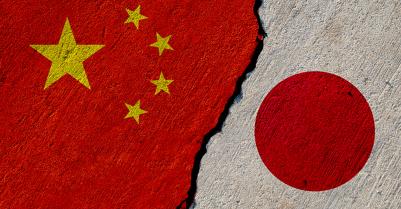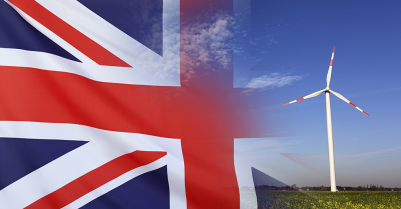-
View article
 #Economy
#EconomyChina: confidence, price war and credibility are the watchwords in this early part of the year
2024/03/26
- 2012/01/16
- 3 min
- 0
-
0
Crédit Agricole S.A. continues its carbon offsetting policy, choosing a REDD+ project for the first time
For the fourth consecutive year, Crédit Agricole S.A. will offset the 2,655 tonnes of CO2 emissions generated by its operations in the Greater Paris area. Their incompressible greenhouse gas emissions(1) will be offset by purchasing 2,655 Verified Emission Reductions (VERs)(2) issued under the Kasigau Corridor REDD+ (Reduced Emissions from Deforestation and Degradation) project in Kenya. Voted by Crédit Agricole S.A. Group employees, this project has been verified and validated to the internationally recognised Verified Carbon Standard (VCS). It has also been approved by The CarbonNeutral Company, an expert in carbon strategy.
Crédit Agricole S.A. takes a pro-active approach enabling the Group to reduce its ecological footprint, contribute to the economic and social development of an emerging country and promote more environmentally friendly techniques.
An innovative choice: the Kasigau Corridor REDD+ project.
The Kasigau Corridor programme is the first REDD+ project to gain VCS validation for its carbon credits. The REDD+ method is a programme to reduce emissions from deforestation and forest degradation in developing countries. It aims to reduce CO2 emissions by protecting natural carbon sinks that, in the absence of the project, would have been deforested and/or degraded for subsistence agriculture, typically using slash and burn techniques to grow maize. It takes account of the forest’s carbon storage capacity as well as good forestry governance and planning practices whilst respecting the rights of the indigenous populations and members of the local communities. The Kasigau Corridor REDD+ project also helps protect biodiversity and ecosystemic services.
In addition, Kenya’s Kasigau Corridor is one of Conservation International’s Global Hotspots. Conservation International is a not-for-profit organisation that aims to preserve areas with especially high numbers of endemic species, yet facing extreme threats. In addition to a range of plant species, the Kasigau Corridor is also home to several mammal species that are considered endangered, vulnerable or threatened.
An additional activity of the project is a three year reforestation project on the slopes of Mount Kasigau by planting 20,000 indigenous hardwood trees and establishing organic greenhouses and nurseries. In addition, it provides the local population with:
• fuelwood from sustainably managed greenhouses;
• construction of 18 classrooms ;
• a bursary scheme that has already helped dozens of children through secondary and higher education;
• new jobs thanks to the construction of an eco factory and agroforestry training.
(1) Emissions from energy consumed by computer equipment and heating systems.
(2) The VERs used by Crédit Agricole are carbon credits issued for projects certified to both VCS and CCB (Climate Community and Biodiversity) standards.




